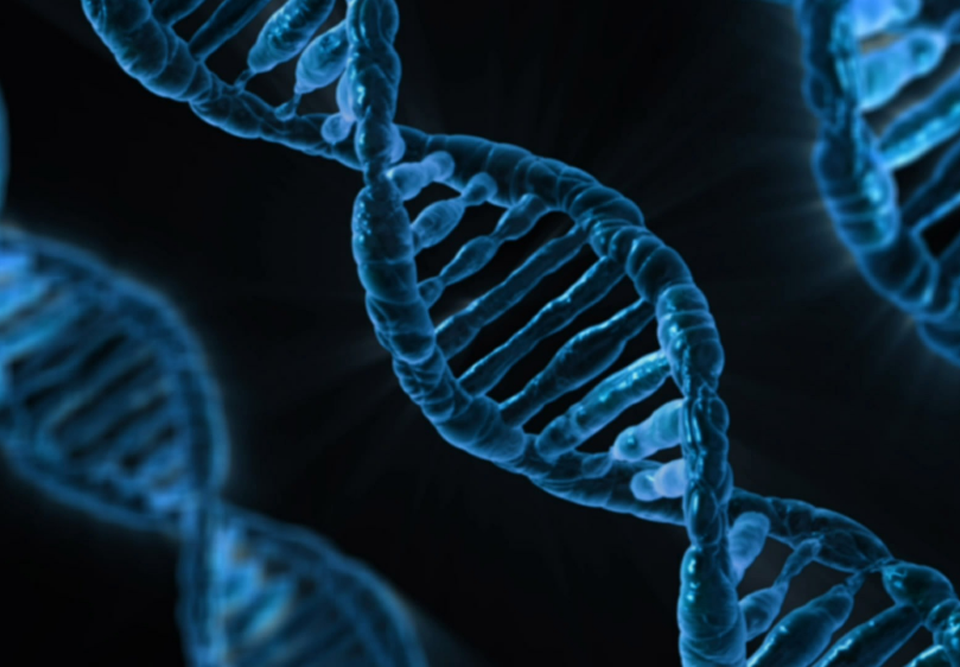Il Quasimodo di Cocciante con l’Orchestra Italiana
9 Luglio 2005Telethon: Da Oggi a Spoleto 142 Ricercatori In ‘Ritiro’ Scientifico
11 Luglio 2005New gene scanning technology marks a major advance in disease research
“Gene scanning techniques developed by Professor Ian Day and colleagues at the University of Southampton, UK, are set to have a major impact on healthcare in the future.
One of two gene mutation scanning techniques devised by Professor Day and his team in the Human Genetics Division of the University’s School of Medicine has been successfully applied to search for rare genetic mutations in the population at large.
Their method, called meltMADGE, which combines thermal ramp electrophoreisis with microplate array diagonal gel electrophoresis (MADGE), enables significantly higher levels of scanning at a fraction of the cost.
Using the Southampton technique a network of British medical researchers from the Universities of Southampton, Bristol and University College London, funded by the UK’s Medical Research Council, British Heart Foundation and Department of Health, studied a gene which affects blood cholesterol levels. In analyses of nearly 10,000 middle-aged individuals, they found some rare mutations associated with very high cholesterol, some with moderately high cholesterol and some with no effect.
This is the first time that it has been possible to find out whether there may be unknown rare genetic variations in the population which may cause mild forms of a particular disease or feature in just one or two individuals, or may even protect them against disease.
Professor Day commented: ‘This development enables us to look at the whole population and find rare and “special” individuals with gene changes which may have either mild, moderate, severe or protective disease effects, a bit like the medical equivalent of finding a needle in a haystack.
‘While this approach is currently at the research level, in the future it could lead to a very personalised genetic profile of a whole range of genes relevant to lifestyle, health and drug prescribing, leading to more personalised medicine and screening.’
Professor Day’s group is using combinations of meltMADGE and a second technology called endo VII MADGE to explore variations in the whole population of disease genes relevant to growth, obesity and cardiovascular disease.
The University of Southampton is a leading UK teaching and research institution with a global reputation for leading-edge research and scholarship. The University has around 20,000 students and nearly 5000 staff. Its annual turnover is in the region of £270 million.
Established in 1971, the University of Southampton’s School of Medicine is at the forefront of medical and basic science research. It is one of the top ten UK medical schools for research income and high quality outputs, and its innovative educational programme has been rated excellent (the highest possible rating) by the government-backed Quality Assurance Agency.
The School is committed to academic excellence in all aspects of research and medical education. It operates a highly focused research strategy with large interdisciplinary Research Divisions that bridge traditional subject boundaries. These divisions provide a critical mass of research resources and explore areas of common intellectual interests around important clinical problems. There are six Research Divisions and an Education Division reflecting the School’s major strengths: Human Genetics, Community Clinical Sciences, Infection, Inflammation and Repair, Cancer Sciences, Developmental Origins of Health and Disease, and Clinical Neurosciences.
Reference URL
genome.org/cgi/doi/10.1101/gr.3313405
SOURCE: alphagalileo.org
“





